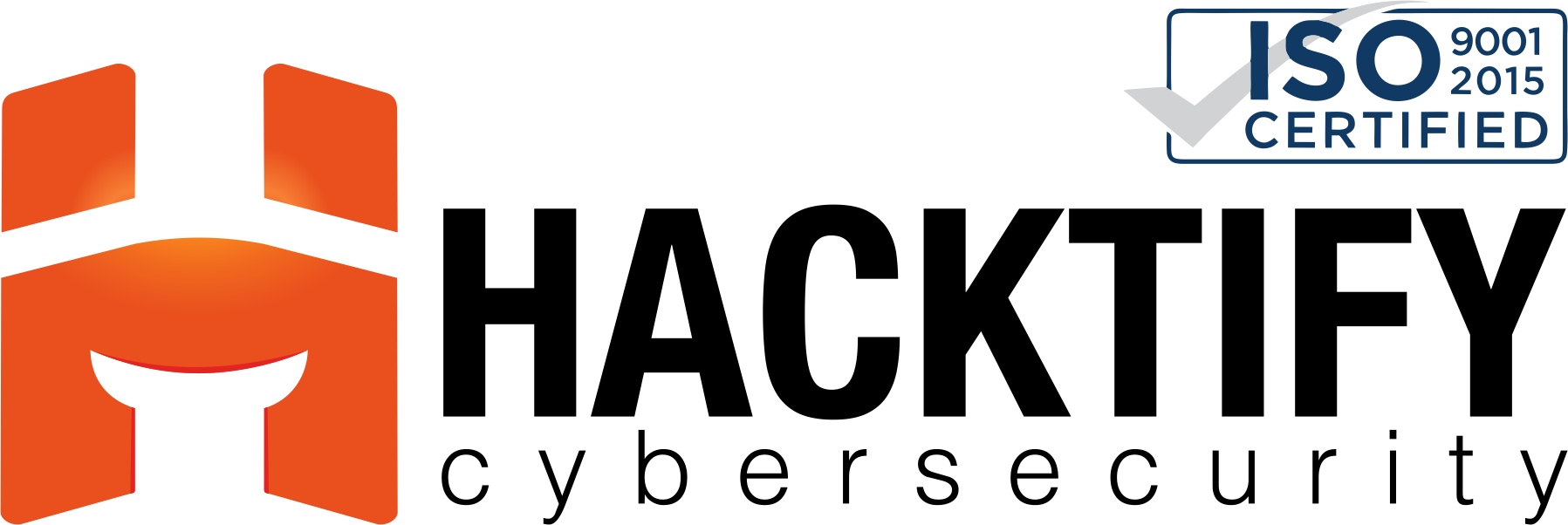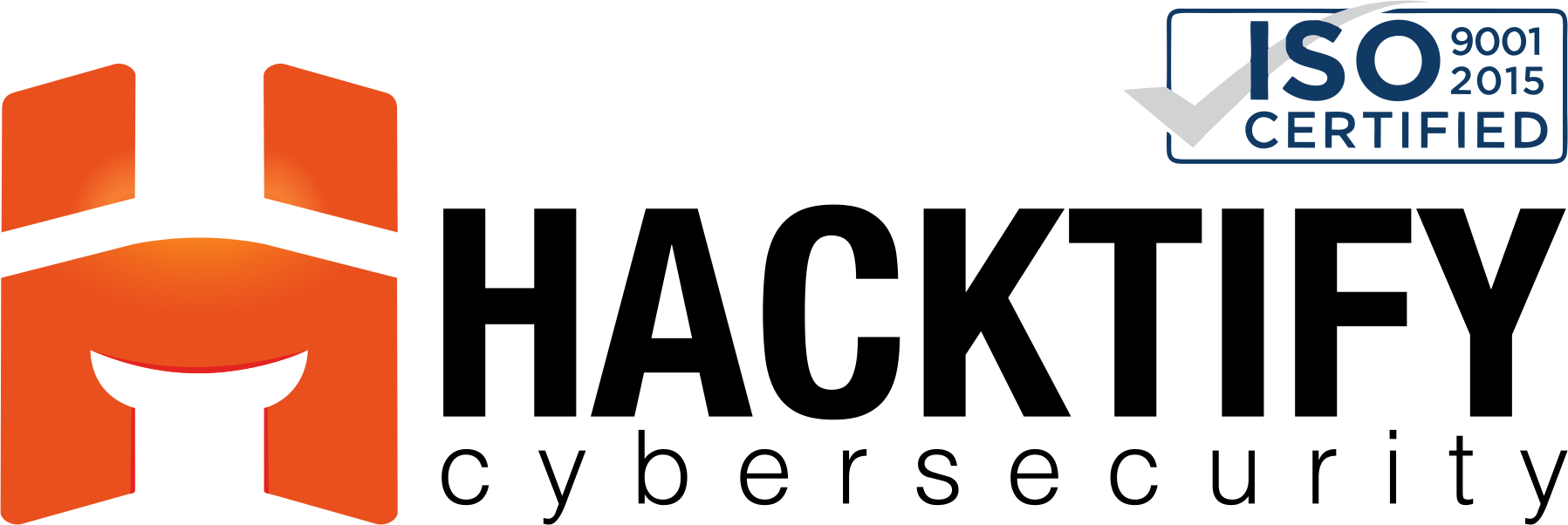Cloud Security Assessment
Cloud Security Assessment is a crucial process for evaluating the security posture of cloud-based environments, which include Infrastructure as a Service (IaaS), Platform as a Service (PaaS), and Software as a Service (SaaS) offerings. As businesses increasingly migrate their data, applications, and services to the cloud, ensuring robust security measures is essential to protect sensitive information and maintain operational integrity.
Key Aspects Of Cloud Security Assessment:
- Configuration Review: A critical aspect of cloud security assessment is reviewing the configurations of cloud resources. This includes examining settings for virtual machines, databases, networking components, and storage to ensure they adhere to best practices and security standards.
- Access Controls: Assessing access controls involves evaluating user permissions, roles, and authentication mechanisms to ensure that only authorized individuals or systems can access cloud resources. This includes reviewing identity and access management (IAM) configurations.
- Data Encryption: Cloud security assessments focus on the encryption of data both at rest and in transit. This involves verifying that encryption mechanisms are correctly implemented to protect sensitive data from unauthorized access or interception.
- Compliance and Regulatory Requirements: Organizations often need to adhere to industry-specific compliance regulations (e.g., GDPR, HIPAA). Cloud security assessments ensure that cloud environments meet these requirements and maintain data privacy and integrity.
- Logging and Monitoring: Evaluating logging and monitoring capabilities ensures that the organization can detect and respond to suspicious activities or security incidents in a timely manner. This involves reviewing audit logs, security event notifications, and incident response procedures.
- Incident Response Testing: Cloud security assessments may include simulating security incidents to test the effectiveness of incident response plans, coordination among teams, and communication strategies.
Cloud security assessments help identify vulnerabilities, misconfigurations, and potential weaknesses in cloud environments, allowing organizations to address them before they can be exploited by attackers.
By evaluating data encryption and access controls, cloud security assessments help organizations protect sensitive information and maintain data confidentiality and integrity.
Cloud security assessments ensure that cloud deployments align with industry-specific regulations and compliance requirements, minimizing the risk of legal and financial consequences.
Thorough assessments enable organizations to proactively implement security measures and address potential risks, reducing the likelihood of data breaches and other security incidents.
Operational Continuity:
Ensuring the security of cloud environments helps maintain operational continuity and prevents disruptions caused by security breaches or unauthorized access.
Compliance Assurance:
Cloud security assessments assist in aligning cloud deployments with industry-specific regulations and compliance requirements, ensuring that organizations meet their legal obligations.


